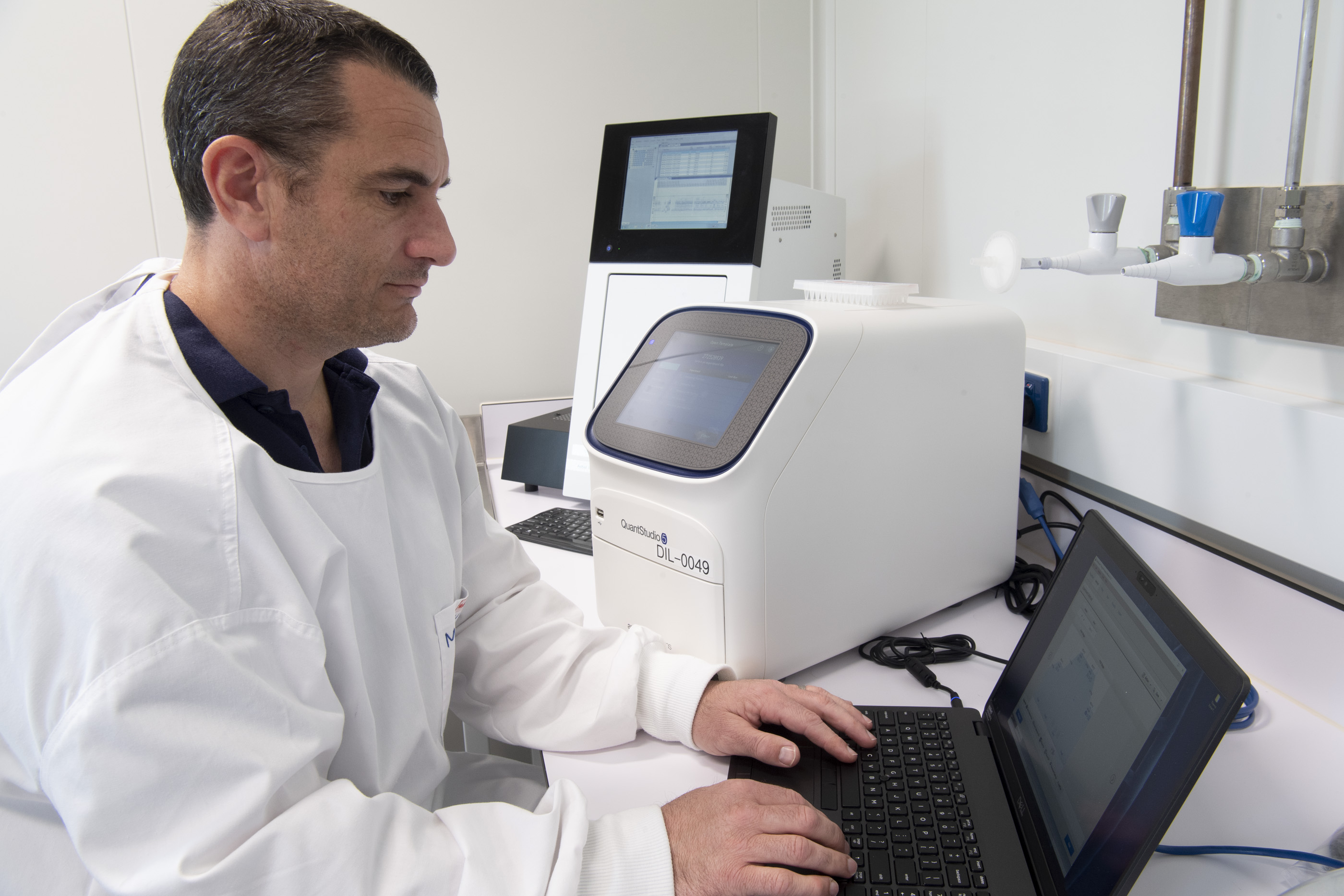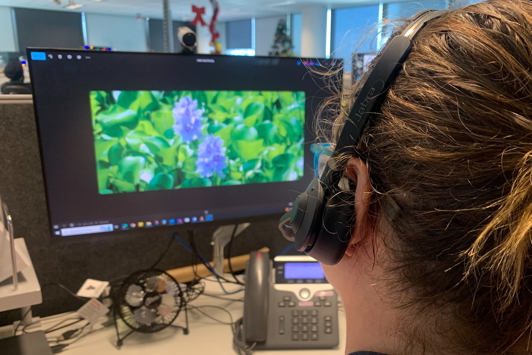
PaDIS plays an important frontline role in the detection and reporting of unfamiliar and potentially damaging pests, weeds and diseases of agricultural and quarantine concern.
Disease identification and diagnosis for commercial operators cannot be handled by PaDIS.
For commercial support, refer to DPIRD Diagnostics Laboratory Services. If the seed, plant or disease (plant or animal) is suspected of being a new threat to agricultural industries fees will be waived.
DPIRD Diagnostics Laboratory ServicesServices available
The PaDIS team facilitates the detection of animal and plant pests, weeds and plant diseases that impact, or have the potential to negatively impact, Western Australia's agriculture and food industries.
Calls made to the National Exotic Plant Pest Hotline on 1800 084 881 (from WA) are answered by our service.
We provide the following services for customers in WA:
- frontline contact for unfamiliar pests, weeds and diseases
- frontline contact for plant biosecurity emergency response
- weed identification (if relevant to agriculture or quarantine)
- insect identification
- animal pest identification
- disease identification (if relevant to agriculture or quarantine)
- control advice for pests, weeds and diseases of agricultural concern.
Suspected European wasps, exotic or introduced bees, including bumble bees and Asian honeybees
- PaDIS will take the report and follow up the investigation as appropriate.
Unfamiliar pests (including insects) and plant diseases
- PaDIS will take the report and follow up the investigation as appropriate.
Agricultural weeds and their control
- PaDIS will take reports and offer weed identification for weeds suspected of being a threat to agricultural industries.
Unfamiliar and agricultural weeds
- PaDIS will take the report and follow up the investigation as appropriate.
A large number of chickens dying with signs of influenza
- Phone the Emergency Animal Disease Hotline on 1800 675 888, or PaDIS will put you in contact with our Livestock Biosecurity team or animal pathologist.
Bee and wasp hands-on control
- Contact a licensed pest controller by searching the Yellow Pages or internet resources.
- Visit the WA Apiarists Society website.
Portuguese millipede and white cedar moth (and caterpillar) control
- Visit a hardware store, nursery or garden centre for chemical control and products.
- Contact a licensed pest controller by searching the Yellow Pages or internet resources.
Cane toad information, identification or control
- Refer to the Department of Biodiversity, Conservation and Attractions cane toad webpage.
Frog identification
- Visit the WA Museum frog watch website. Note: PaDIS will assist where there’s a quarantine or biosecurity concern.
Common pests and disease control, including call out services
- Contact a licensed pest controller by searching the Yellow Pages or internet resources.
Fox and rabbit control
- PaDIS provides advice to landholders on control options and regulations, but department staff do not carry out control activities.
- See information on our website, search fox or rabbit.
- Contact a licensed pest controller by searching the Yellow Pages or internet resources.
- Check if there is a Recognised Biosecurity Group targeting these pests in your area.
Gardening advice
- Identification of ornamental and native plants
- Pruning, re-potting, plant selection, lawn or turf maintenance or problem identification.
- Weed control services and control advice for lawn weeds
Contact a nursery, garden centre or local garden clubs, such as those listed on Horticultural Council of WA,visit the WA Herbarium website or the Florabase online herbarium.
Domestic pets advice
- For advice on pests affecting domestic pet animal health, contact your local veterinarian.
Pigeon control
- Visit the Healthy WA pigeon control webpage. If required, contact a licensed pest controller by searching the Yellow Pages or internet resources.
Mosquito problems and mosquito-borne diseases
- Visit the WA Department of Health website.

